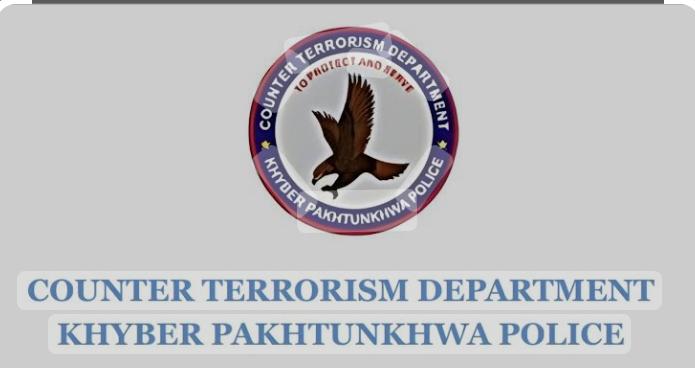By M.Ilyas
ISLAMABAD – The Counter Terrorism Department (CTD) Police of Khyber Pakhtunkhwa stands accused of engaging in extra-judicial killings and rampant corruption, shaking the foundation of law enforcement in the region. According to a report submitted to the corps Commander, the CTD claims to have eliminated approximately 400 Taliban militants in various police encounters. However, police sources disclose that this figure includes individuals who were either handed over to the CTD by intelligence agencies or were arrested by the department itself. Allegations have surfaced suggesting that during incidents of multiple bombings across the province, suspects detained by the police were removed from custody and subsequently killed. The media, however, were informed that these individuals were killed in police encounters, obscuring the truth behind their deaths. The failure to acknowledge the possibility of detainees being taken out of custody and killed has sparked outrage, particularly among Taliban ranks. KP Police Chief Akhtar Hayat Gandapur and Additional IG Counter Terrorism Police Shaukat Abbas find themselves on the Taliban’s hit list, as the Tehrik-i-Taliban Pakistan (TTP) leadership in Afghanistan accuses the CTD of Killing innocent members after their arrest. Despite the gravity of the situation, intelligence agencies have yet to issue a formal written alert regarding the threats posed to the two senior police officers. A inspector who requested anonymity, revealed, “thank God I got transferred, otherwise I would have had to kill three to four people every week on the orders of my superiors.” The statement sheds light on the systemic pressures within the department to carry out extrajudicial killings. Moreover, reports suggest that a high-ranking Punjabi police officer stationed in Peshawar, serving in the CTD, has been accused of amassing illicit wealth amounting to billions of rupees. These funds have allegedly been invested in the establishment of an antique business, raising concerns about the department’s integrity and its divergence from its core mandate of combating terrorism. Disturbingly, the CTD has been implicated as the primary perpetrator of kidnapping for ransom in the region, further tarnishing its image and undermining public trust in law enforcement agencies. The allegations against the CTD underscore the urgent need for a thorough investigation into its operations and practices, as well as the imperative for accountability measures to be enforced to uphold the rule of law and protect the rights of citizens. The authorities must take decisive action to address these allegations and restore the credibility and effectiveness of law enforcement agencies in KP.



Comments are closed.